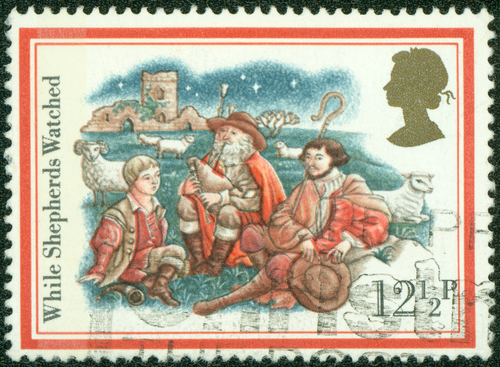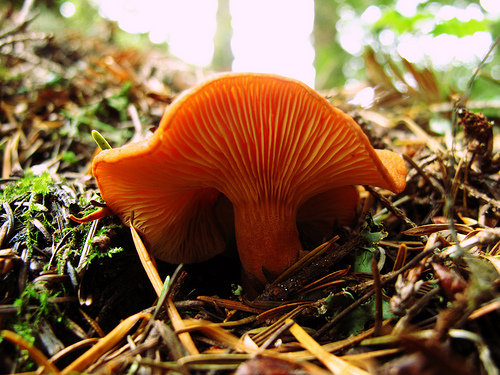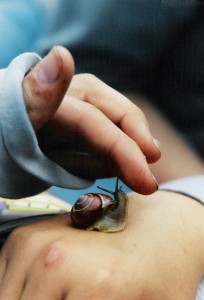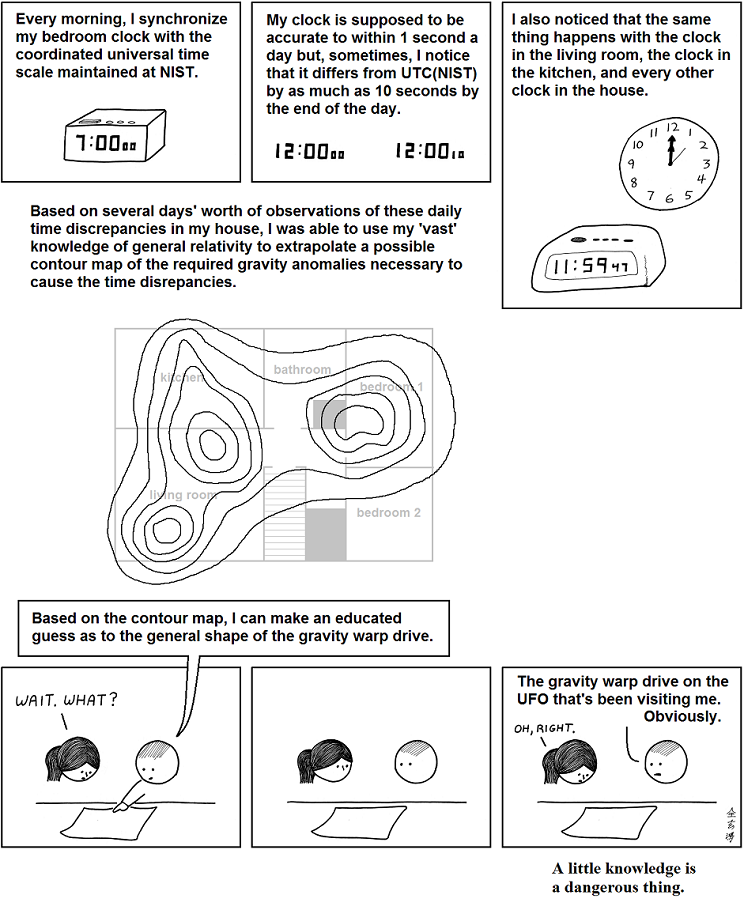People have been singing Christmas carols in the pubs in villages around Sheffield, in the north of England, for hundreds of years. They sing week after week and year after year. Each pub has a season; in one, Christmas carols start on November 11 and continue until the first Sunday after Christmas. Every Sunday afternoon, people pack into a pub and sing together.
On Tuesday folklorist Ian Russell gave a lecture at the Library of Congress about his work on what he calls the “hidden” carols of northern England, particularly those Sheffield pubs. Russell is the director of the Elphinstone Institute at the University of Aberdeen in Scotland. He’s been studying folk traditions in South Yorkshire—which includes Sheffield—and North Derbyshire for 40 years.
A pub carol sing isn’t a religious occasion. It’s secular caroling. There’s beer. Sure, they sing about the Messiah’s birth and Mary and so on, but the point of being there, Russell says, is the community. People go out of a sense of commitment to the group and to the tradition. You do it every year because you do it every year.







